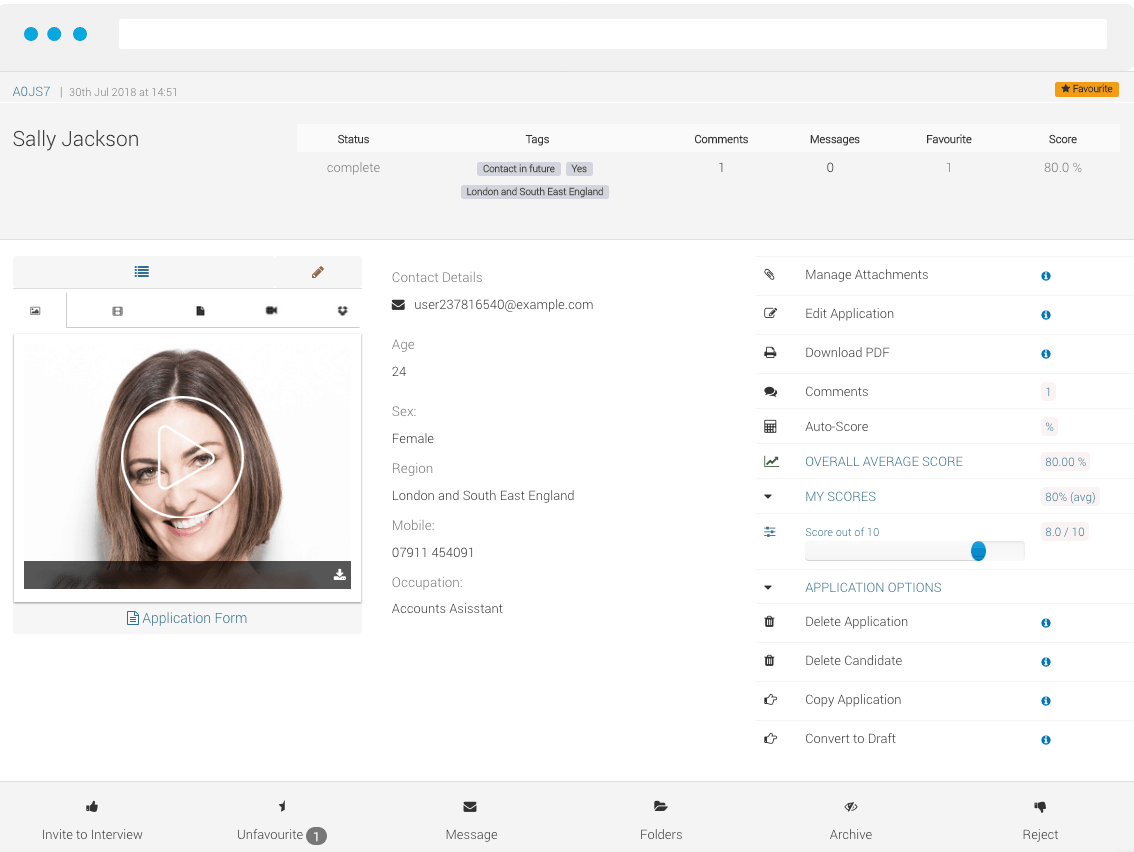Grant Management Software
Foundations, trusts, and grantmakers of all sizes maximize their impact with our grant management system.
Get a Free DemoFoundations, trusts, and grantmakers of all sizes maximize their impact with our grant management system.
Get a Free DemoEasily create modern forms that pre-screen and allow candidates to upload any supporting files.
Work more closely with your candidates, grants staff, program staff, reviewers and board in one place.
Powerful reporting tools to help you track, measure and illustrate the impact of your grant.
Grant Management Software is a powerful tool designed to streamline the complexities of managing grants, from application to reporting. At its core, it empowers organizations to efficiently handle the entire grant lifecycle, ensuring transparency, compliance, and impactful outcomes.
Navigating the landscape of grant management systems is essential for organizations seeking efficiency and impact.
Our grant management software offers a tailored solution, allowing you to choose a system that aligns seamlessly with your unique requirements. Explore our features, scalability, and user-friendly interface to make an informed decision that empowers your organization to manage grants effectively and achieve your mission with confidence.
Free up time to concentrate on higher-level priorities
Unparalleled transparency of any federal, state or local level grants lifecycle.
Track, manage and measure diverse corporate giving programs in one place.
Give artists the highest level of support without the added paperwork.
Fund the future with modern online forms that make applying easy.
Manage all aspects of your grants, from drafting the initial proposal to final funding.
With our grants management system maximise your investment and its impact with insightful reporting tools.
Reduce the administrative effort with easy online payments via Stripe.
Accept quotes, invoices and other data from grantees to easily approve payments.
Generate audit trails, manage drawdowns and create post-grant reports
Keep candidates engaged throughout the process by regularly seeking infomation on grant effectiveness.
Accept quotes and other data from grantees to easily process claims and approve further grants.
Provide granular, role-based permissions to your staff and external reviewers and maintain audit trails of all actions.
Integrate Submit’s tools and features with your smart, hard-earned system

All your submission uploads in one place — everything from videos to images, documents to cloud links.
Make better decisions with our quick view and instant access to individual submissions.
Take quick actions on submissions with easy to use shortcuts.
Automatically calculate totals, scores and formulas within tables while completing to simplify submissions and reduce errors.
Automate repetitive administration tasks. Automatically sort and filter applications, send notification messages, move applicants between stages and much more using manual and auto-tagging.
Safely and securely update applicants and external evaluators with status notifications and reminders sent via email from within the platform.
Find out how much time and resources you can save by automating your workflows with Submit.com. Use our ROI Calculator to see the potential impact!
This result is based on:
Streamline your grants, save time, and boost efficiency!